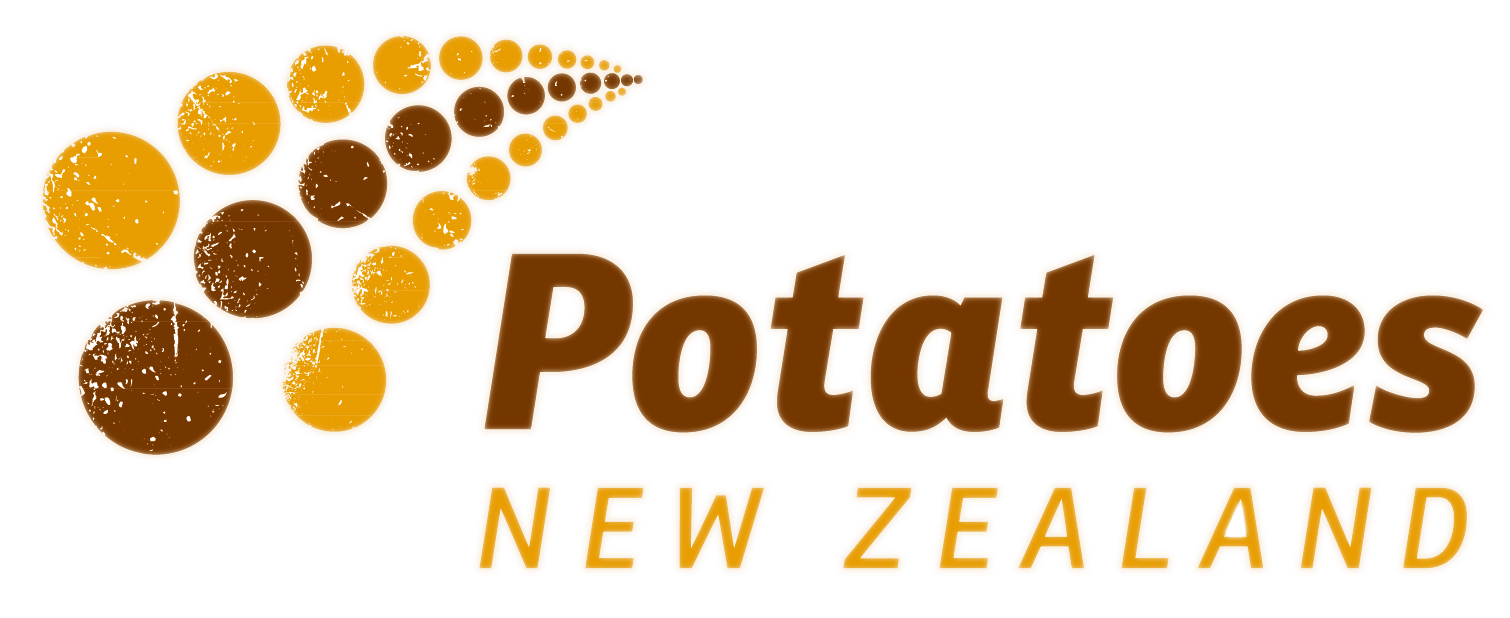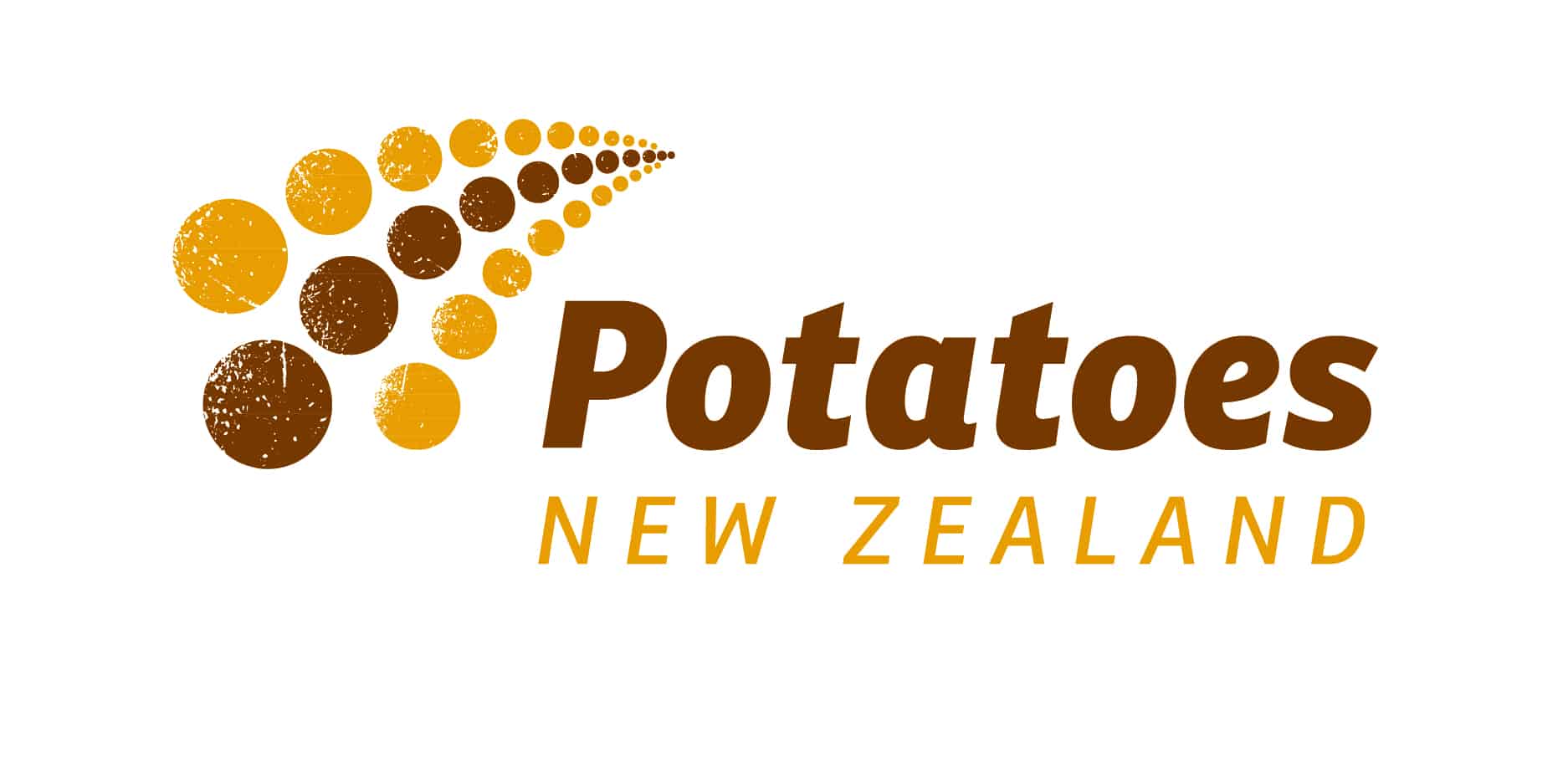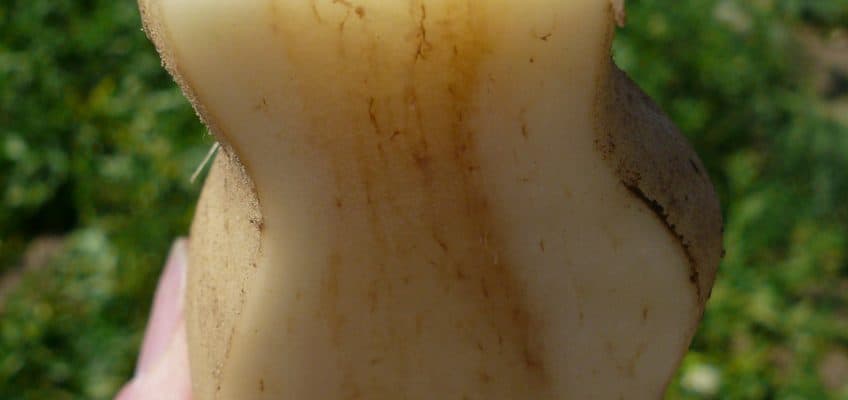By Gemma Carroll, PNZ Communications & Extension Officer
The Canterbury Potato Liberibacter Initiative (CPLI) was formed in August 2021 by like-minded Canterbury farmers and industry representatives to combat the devastating impact of the Liberibacter (Lso) bacterium causing Zebra chip in potato crops. Lso is transmitted by the Tomato Potato Psyllid (TPP).
The TPP incursion was first detected in Auckland in 2006 and quickly spread throughout the North Island and then the South Island to as far as Invercargill within 5 – 6 years.
Only a small (3-5%) percentage of TPP in a population will carry Lso, these psyllids are classed as ‘hot psyllids’. Hot psyllids feed on the plant and infect it with Lso, causing Zebra Chip in the potato tubers. This Zebra Chip issue caused production issues only in the North Island processing plants until 2015, but from 2012 – 2015 Canterbury populations were increasing and causing quality issues for both growers and processors.
Since 2015 insecticide programs have improved and increased year on year with weekly spraying of potato crops to reduce TPP populations. There have been other initiatives with varying levels of success over the years to reduce TPP populations.
Although the control measures and agronomy of Tomato Potato Psyllid (TPP) have made improvements, the incidence of Zebra Chip in the processing crop has only increased and detection levels in potato fields remains high.
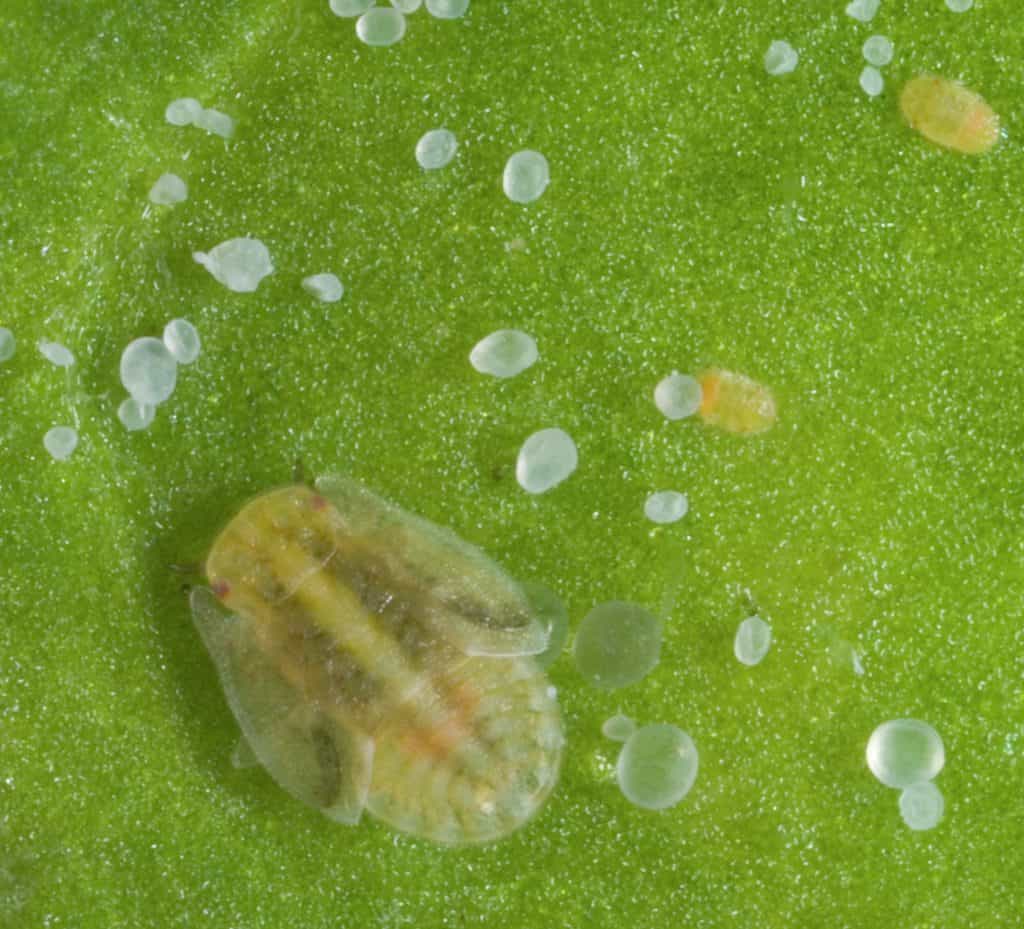
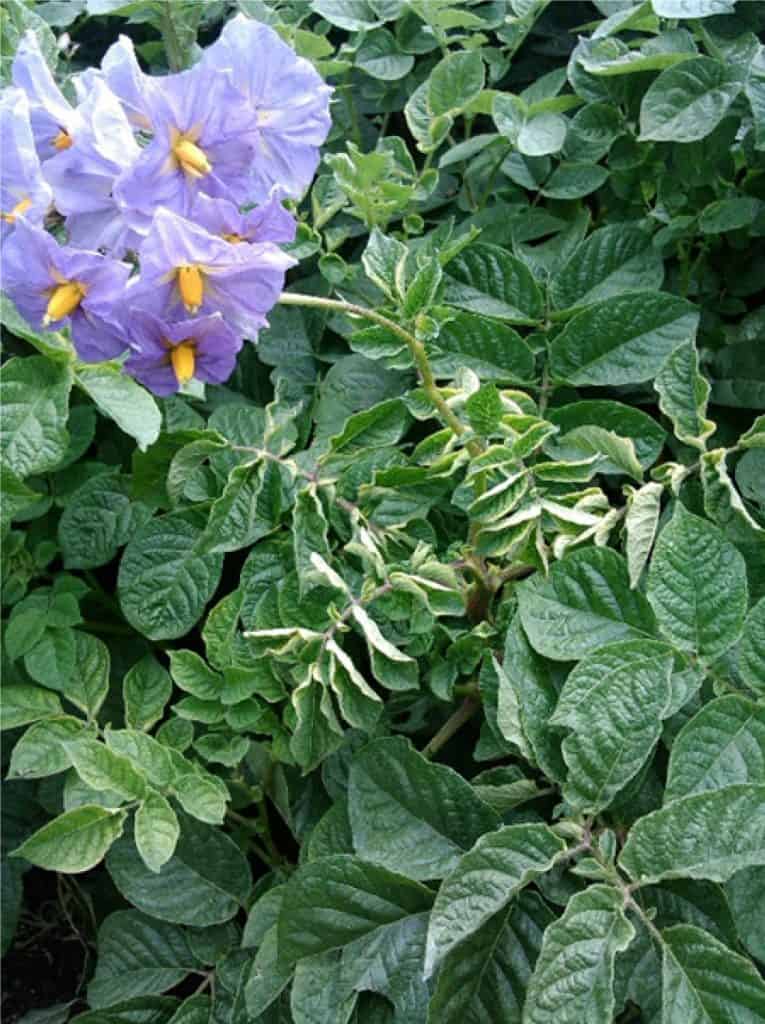
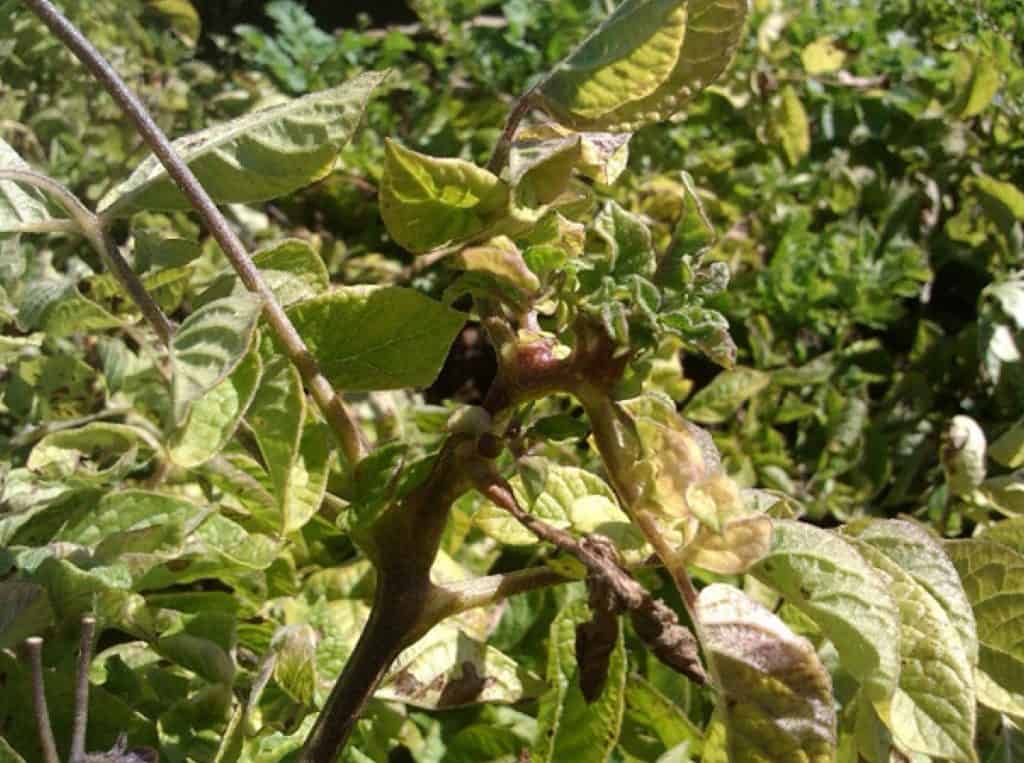
CPLI believe the only way to tackle the TPP & Lso (Zebra Chip) issue in Canterbury, is a Canterbury initiative led by key industry stakeholders, with a purpose to either eradicate Lso and TPP or at the very least to reduce the incidence, so that Zebra Chip defects have a minimal impact on seed crops and the quality of the potato crop for both growers and processors. CPLI’s goal is < 0.2% defect level in process potatoes.
Repeating the same chemical programs over and over, year on year and expecting a different result is not solving or reducing the Zebra Chip impact for the growers, seed growers and processors. Therefore, a major rethink is needed to tackle this problem
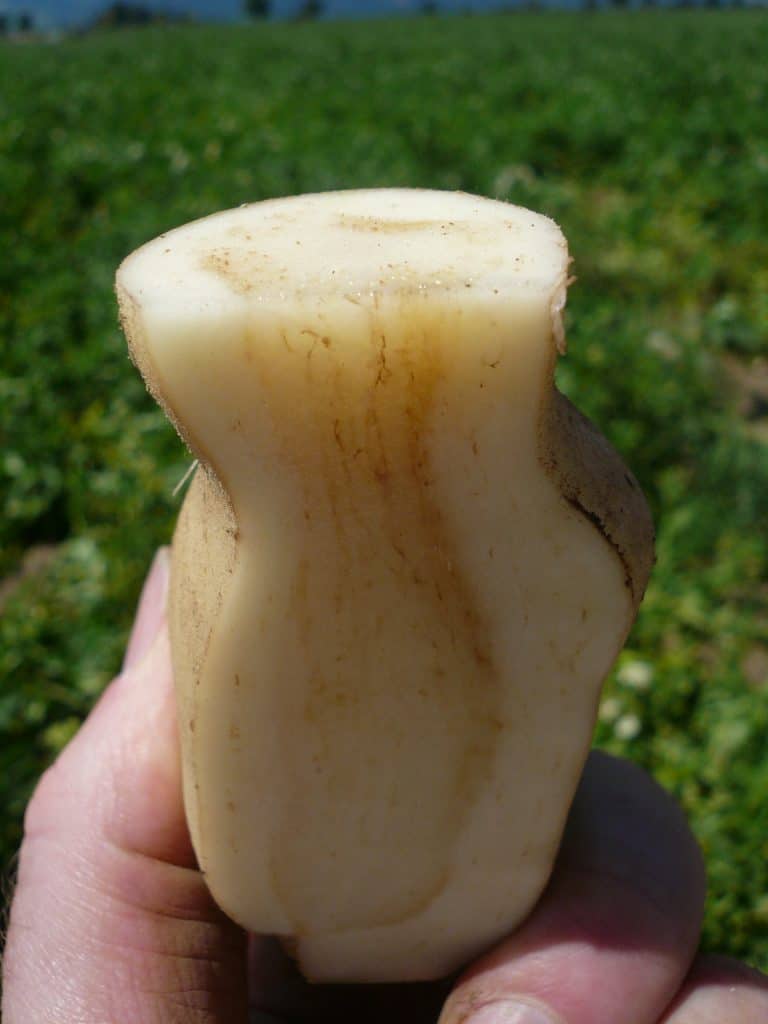
A formal co-investment led by Canterbury potato growers and industry in Canterbury, with a voluntary Canterbury CPLI levy contribution.
This voluntary Levy is collected through Potatoes NZ’s BELIS (Biosecurity, Emissions & Levy Information System). It is deposited into the Potatoes NZ Charitable Trust bank account and classed as a donation, tax deductible to the donator.
There is a very positive response from growers and processors for this new initiative.
The CPLI working group has 18 representatives from seed and process growers, processing industry representatives, agronomy and potato service companies, Potato NZ personnel, Plant and Food Research, and Dr Clive Kaiser, Associate Professor of Plant Science, Field Research Centre at Lincoln University.
CPLI’s size reflects the enthusiasm and urgency from within the Canterbury Potato industry to find solutions to the economic impacts that Liberibacter has on our industry and the need for a cost competitive solution.
CPLI meetings since August 2021 have uncovered a number of issues contributing to TPP and Liberibacter’s financial impacts on Canterbury potato production, highlighting the importance in finding solutions and prioritising research projects getting up and running for immediately or as soon as possible.
The CPLI strategy includes 7 key projects, some underway and some to start over the next 2 years with an overall budget of $500,000.
CPLI Program summary
1. Screening of TPP for resistance to commonly used contact insecticides. The aim of the project was to investigate whether selected contact insecticides at label rate were efficacious on a field-collected population of TPP from Canterbury. MAVRIK® AQUAFLO, Karate Zeon®, Pirimor® 50, Benevia®, Oberon®, Methafos 600, and Sparta™ were screened. The results showed no material difference in mortality of adults and nymphs between the ‘wild’ field-collected colony and the susceptible PFR TPP colony for all products tested. Therefore, the perceived lack of control of TPP in Canterbury may have been due to other factors. Project completed and full report available on the PNZ website https://potatoesnz.co.nz/rd-project/canterbury-potato-liberibacter-initiative/
2. Screening of TPP for resistance to commonly used systemic insecticides. The project will investigate the field population against nine insecticides with systemic and/or translaminar properties at label rate. This would involve screening the insecticides against TPP collected from the field in March 2021 (and now in rearing) and the susceptible PFR lab colony as a control. The insecticides that have been requested to be tested include Benevia®, Oberon®, Methafos 600, UpholdTM, TransformTM, AVID®, Chess® WG, Movento® 150 OD and Mainman®. Project underway and final report due May 2022.
3. Screening of Systemic Acquired Resistance (SAR) products and antibiotics for efficacy on Liberibacter. Test selected products/compounds for their activity on reducing zebra chip symptoms in potato tubers. The trial will be conducted in a shade house at PFR Lincoln, using potato tubers planted in pots. CLso-positive adult TPP from the PFR Lab colony will be used. Products tested include, KeyStreptoTM, Force Field, Actigard®, and Kendal®. Project underway and final report due.
4. Fertilization of potatoes with calcium propionate to prevent spread of Liberibacter
This project potatoes will be fertigated with calcium propionate in greenhouse pots. Once the plant has taken up sufficient calcium propionate that it will be afforded protection against Liberibacter, vectored by “hot” TPP. Potato seed will be grown in pots in virgin soil obtained from fields in Canterbury, representative of those that will be growing potatoes. Plants will be treated with calcium propionate as a soil application. Some plants will be infected with TPP from either “hot” or “cold” colonies and compared against non-TPP treated plants. The effect of calcium propionate on the infection by liberibacter will be determined in the leaves, stems and tubers. This project will be completed by a Masters student at Lincoln University.
5. Use of lures to attract and kill TPP to prevent their entry into potato crops. A range of products will be investigated for attractancy and repulsion of psyllids. These will include: Agar; Gums e.g. guar, xantham etc.; Gels; Surfactants; Encapsulants; Dessicants; Sterilants. Evaluation of these products using both “hot” and “cold” psyllids will be undertaken to ensure attraction to both. This project will be completed by a Masters student at Lincoln University.
6. Use of biological control agents to manage TPP populations in both potato crops and in alternate / over-wintering hosts. Identify and shortlist potential biocontrol agents based on scientific literature, specific life-traits and potential TPP consumption. Small scale experiments will determine the actual performance of candidates on TPP-infested potato leaves and on African Boxthorn leaves, as well as possible control agent feeding preferences on one or more TPP life stages. Host-plant tolerance and preference will be determined and the extent to which selected biocontrol agents can survive/reproduce on potato and boxthorn plants. Release of predators at boxthorn locations have taken place and further releases are planned following laboratory studies. This project will be completed by a Post-Doc researcher at Lincoln University.
7. Use of selected border planting to attract beneficial insects and limit Psyllid ingress into potato crops. 10 commercial paddocks have had border crops planted adjacent to the potatoes. The impact of these borders will be assessed at the end of the season to determine if they have had a significant impact on Liberibacter infections. Results will be collated following the 2021/22 season and are expected by June 2022.
CPLI & PNZ will run an industry evening in the winter months to present these projects and findings.
